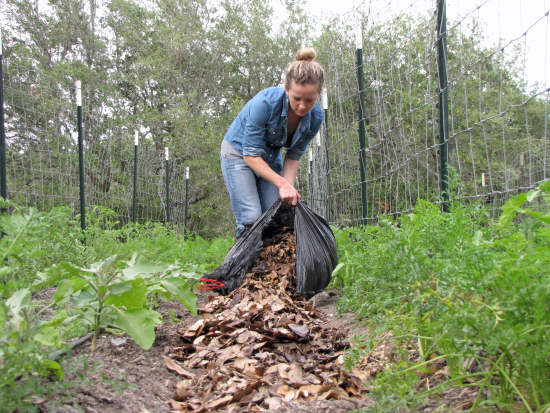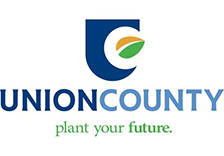Leave Your Leaves
go.ncsu.edu/readext?841744
en Español / em Português
El inglés es el idioma de control de esta página. En la medida en que haya algún conflicto entre la traducción al inglés y la traducción, el inglés prevalece.
Al hacer clic en el enlace de traducción se activa un servicio de traducción gratuito para convertir la página al español. Al igual que con cualquier traducción por Internet, la conversión no es sensible al contexto y puede que no traduzca el texto en su significado original. NC State Extension no garantiza la exactitud del texto traducido. Por favor, tenga en cuenta que algunas aplicaciones y/o servicios pueden no funcionar como se espera cuando se traducen.
Português
Inglês é o idioma de controle desta página. Na medida que haja algum conflito entre o texto original em Inglês e a tradução, o Inglês prevalece.
Ao clicar no link de tradução, um serviço gratuito de tradução será ativado para converter a página para o Português. Como em qualquer tradução pela internet, a conversão não é sensivel ao contexto e pode não ocorrer a tradução para o significado orginal. O serviço de Extensão da Carolina do Norte (NC State Extension) não garante a exatidão do texto traduzido. Por favor, observe que algumas funções ou serviços podem não funcionar como esperado após a tradução.
English
English is the controlling language of this page. To the extent there is any conflict between the English text and the translation, English controls.
Clicking on the translation link activates a free translation service to convert the page to Spanish. As with any Internet translation, the conversion is not context-sensitive and may not translate the text to its original meaning. NC State Extension does not guarantee the accuracy of the translated text. Please note that some applications and/or services may not function as expected when translated.
Collapse ▲ Did you know that leaving your leaves in beneficial to pollinators? Pollinators are the beneficial insects native to our area that move pollen from one part of a plant’s flower to another. These insects include honey bees and monarch butterflies. They’re required for certain agricultural crops, as well as our natural ecosystems and urban forests and landscapes. While the monarch butterfly migrates for the winter, many other important insects have evolved to hibernate in the leaf litter. Removing these leaves from your property by bagging them up kills these insects and removes them from the environment.
Did you know that leaving your leaves in beneficial to pollinators? Pollinators are the beneficial insects native to our area that move pollen from one part of a plant’s flower to another. These insects include honey bees and monarch butterflies. They’re required for certain agricultural crops, as well as our natural ecosystems and urban forests and landscapes. While the monarch butterfly migrates for the winter, many other important insects have evolved to hibernate in the leaf litter. Removing these leaves from your property by bagging them up kills these insects and removes them from the environment.
Leaving your leaves on your property can save you a lot of time and money. Turf grass can tolerate some leaves left on it over the winter. If it’s too much for the turf, you can just pile the leaves up around the base of trees, or into flower beds. This is a great compromise, and benefits the tree by adding organic matter to the soil. But you can still accomplish the manicured turf aesthetic, a true win win.
Composting your leaves is another option. Pile them up out of the way and let them break down into a high quality compost we call ‘leaf mold’. The insects will emerge in the spring and leave the pile. Compost does not attract mosquitoes, as they breed in standing water, and leaf mulch does not harbor or attract ticks. For more information visit the website Leave Leaves Alone for tips on improving the ecosystem that is your yard.




